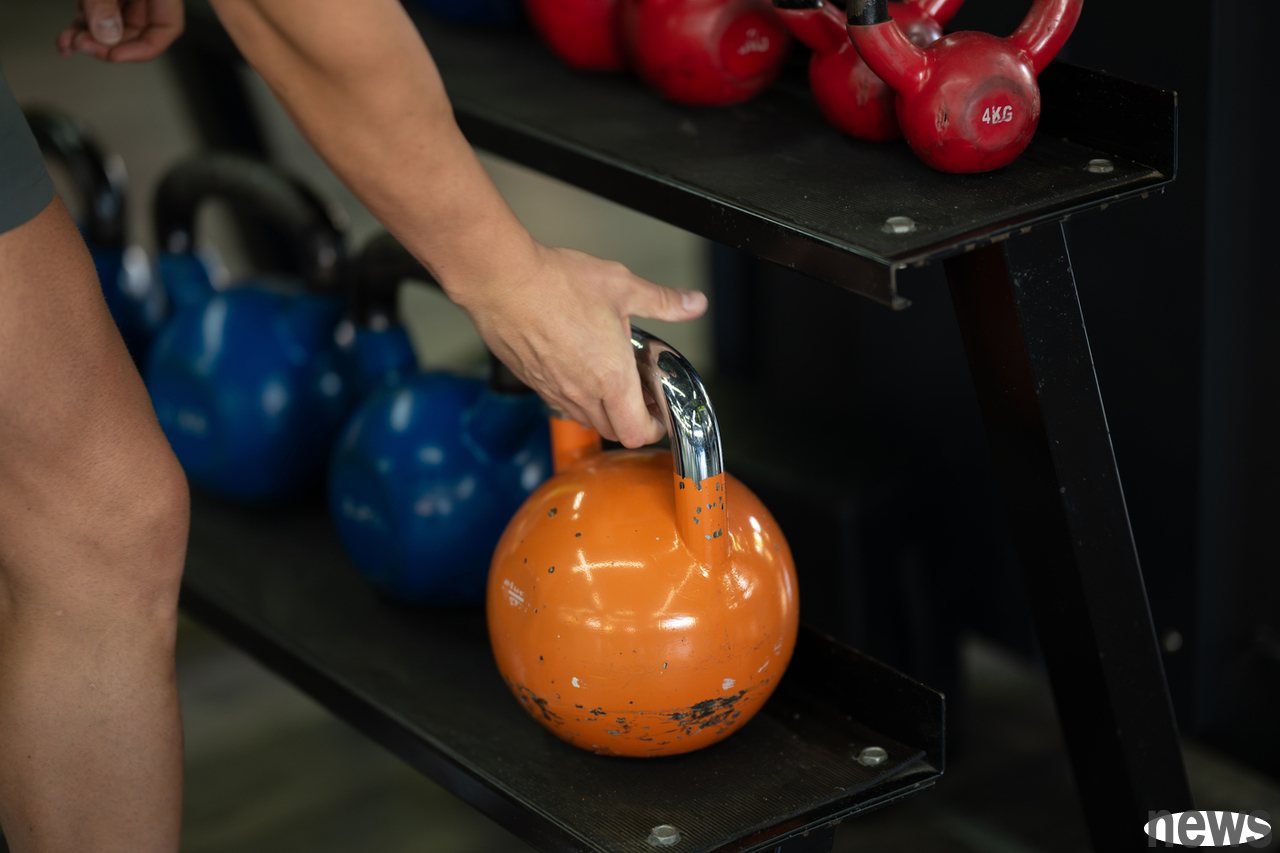
Healthy aging is the dream of every elderly person. In the past, healthy aging was thought to be just about avoiding diseases, but this concept has evolved into a broader and more comprehensive concept, covering physical, mental, emotional and social well-being.
However, it is often difficult for individuals to judge whether they are aging well without wearing high-end health trackers or visiting expensive longevity clinics. The New York Post interviewed Mitch Ghen, who specializes in the fields of anti-aging, holistic and integrative medicine, and he shared five signs of healthy aging, as well as some warning signs that should not be ignored.
1. Strong gripGenn said that the stronger the hand grip, the better the muscle mass, cardiovascular health and lifespan. This measurement can be done in the clinic by holding the handle of a dynamometer as hard as you can for a few seconds, which is more challenging than you might think. Grip strength can also be assessed at home by gripping a tennis ball or wringing out a wet towel.
This is only one indicator of the health of the muscular system. Good flexibility and sustained energy are also important signs. Genn said joint pain and stiffness, muscle weakness and sarcopenia (the loss of muscle that occurs with age) are all key warning signs of possible problems with the muscular system.
2. Relaxed mobilityRegular exercise can strengthen skeletal muscles, improve flexibility and balance, maintain a healthy weight, enhance cognitive function, reduce stress and anxiety, and improve mood and sleep quality.
Experts recommend at least 150 minutes of moderate-intensity exercise per week and arranging at least two days to exercise all major muscle groups.
If you experience dizziness, breathlessness or fatigue after even slight activity, or if you notice irregular heartbeat or body swelling, it may mean abnormal heart function.
3. Recover quickly from illness or infectionLong-term illness and frequent infections are common warning signs of a compromised immune system. Genn pointed out that most viral infections should be recovered within 10 days.
Acute inflammation is the immune system's natural, healthy response to injury or infection, but chronic, low-grade inflammation may persist for months or even years, and this persistent inflammation may show up in the mouth. Genn recommends checking the condition of your gums, which should not bleed or become inflamed when flossing or brushing normally. Inflammation can be reduced through the natural compounds curcumin and catechins (found in green tea).
4. Good mood and sexual desireAs we age, hormone levels naturally decrease; hormonal changes may manifest as mood swings, brain fog, decreased libido, hot flashes, hair loss, and sleep disorders.
Testosterone therapy can improve men's low sexual desire and fatigue problems, and is also helpful for women experiencing menopausal symptoms, especially when used in combination with estrogen and progesterone.
Genn pointed out that supplementing pregnenolone and dehydroepiandrosterone (DHEA) can help maintain hormones at youthful levels.
5. Mental agilityMemory loss, confusion, inattention, and personality changes may indicate significant deterioration in brain function.
The brain is like a muscle, and it should be continuously strengthened by learning new things. As we age, brain exercises such as "List as many words as possible that begin with the letter F" can help maintain cognitive function.
Genn said that do not ignore sleep, which is very important for brain health. For optimal sleep, he recommends avoiding sleeping pills, keeping your bedroom dark, leaving your phone outside, and turning off Wi-Fi until the next morning.
Simple Aging Test at HomeIf you want to understand your overall health before making an appointment with a doctor, Genn recommends evaluating your physical function through the following 5 self-test items:
1. Sit on the floor and try to stand up without using your hands;2. Sit on a chair and test whether you can easily complete 30 sit-ups;
3. Place your palm flat on the table, and use your other hand to pinch the skin between your thumb and index finger to see if it can quickly return to its original shape;
4. Test your balance ability by letting your front heel touch the toes of your back foot while walking;
5. Stand on one foot, open your eyes, and open your arms for 30 seconds.